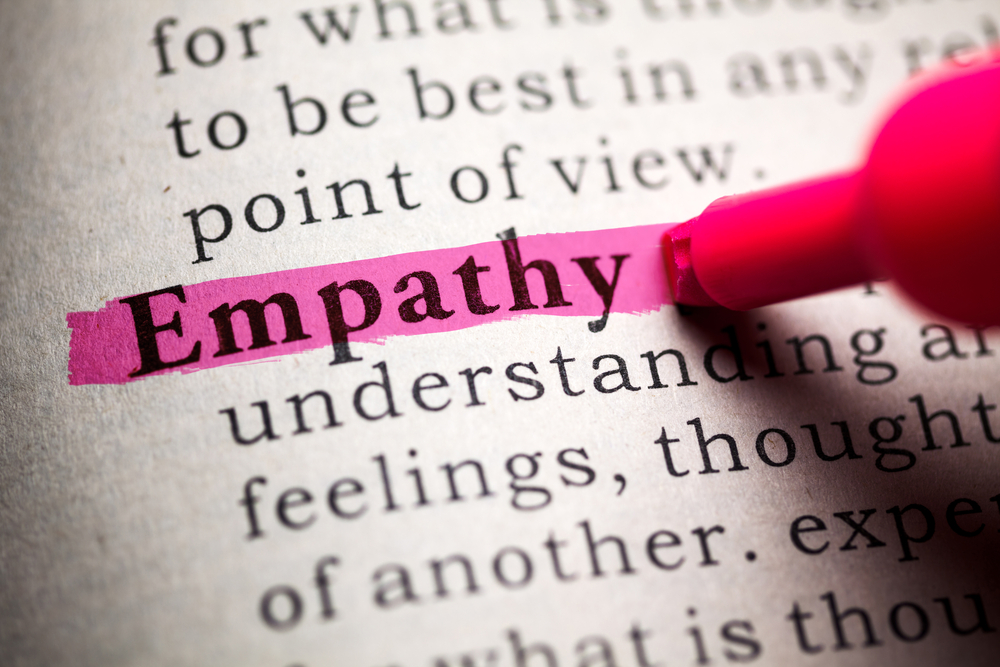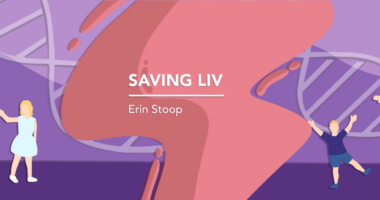The COVID-19 Pandemic Shows How the Medically Fragile Often Live

There’s nothing like a global pandemic to provide some perspective. Being forced to stay home, practice social distancing, and work less can alter your point of view. It makes you reflect on your life and your relationships — especially those within your own family.
One realization that has evolved from all of this is that medically fragile people live most of their lives like they are in quarantine. They rarely leave their homes, and when they do, it’s mostly for doctors’ appointments. They are significantly disconnected from the world around them. And they are forgotten by much of that world.
My daughter Abby has Sanfilippo syndrome. Although it is degenerative and fatal, she is still pretty healthy. She walks around a lot, she still smiles, and she shows some emotions. She has a few words left and still eats normal food. All this will go away eventually, but we are grateful for her current good health.
Abby’s life now is pretty similar to her life before the COVID-19 pandemic. We don’t take her out of the house very much for several reasons, mostly because it can cause her distress. I wonder how she really feels though. Does she mind being home most of the time? Does she miss seeing other people and different places? I wish she could tell me.
Imagine if your current lifestyle were the norm. It is isolating and still, and can feel quite lonely. Extroverts who need to be around people probably are going stir-crazy. Even introverts want some socialization in their lives. But think about medically fragile people who are forced by their health to quarantine all the time. What about them? They have socialization needs, too, don’t they? How lonely must they feel?
I say all this to contribute to everyone’s changing perspective of the world right now. Yes, this is hard on all of us. But we will get through it and move on with our lives. We will eventually return to work and social gatherings. The medically fragile population will not. They will remain in their quarantine state.
May all of us who are fortunate enough to return to our busy, robust lives not forget these people. If you have one of these people in your own family, whether it’s your immediate or extended family, communicate with them in some way via calls, texts, emails, letters, cards, FaceTime, or Skype. Let them know they are not forgotten.
You also can reach out to people outside your family, such as elderly residents of nursing homes or assisted-living facilities, cancer patients, the homeless, or those in shelters and group homes. So many others are worse off and need to be reminded that they are loved and not forgotten.
***
Note: Sanfilippo News is strictly a news and information website about the syndrome. It does not provide medical advice, diagnosis, or treatment. This content is not intended to be a substitute for professional medical advice, diagnosis, or treatment. Always seek the advice of your physician or other qualified health provider with any questions you may have regarding a medical condition. Never disregard professional medical advice or delay in seeking it because of something you have read on this website. The opinions expressed in this column are not those of Sanfilippo News or its parent company, Bionews Services, and are intended to spark discussion about issues pertaining to Sanfilippo syndrome.







Leave a comment
Fill in the required fields to post. Your email address will not be published.